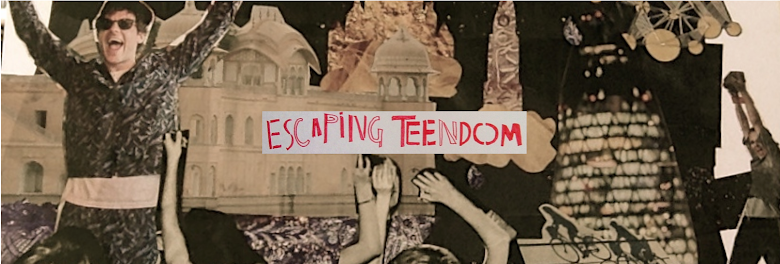I believe the unease created by Oliver Hirschbiegel is mainly because Adolf Hitler is portrayed with some kind emotions, and you see how people actually like him when a young Frau Junge is ecstatic that she has received the job as Hitler's PA. There is no excuse for Hitler to seem 'nice' or human (he even has a wife!). With knowledge of the context, the truth of the concentration camps looms over however this film makes no mention to them. I was speechless after the film to see people wailing and crying at his feet when he announces his suicide. (I hope readers knew this - :/ no spoilers).
(this has many hilarious parodies)
Hitler's character is fantastically acted and for a 15 year old like me, Bruno Ganz's depiction makes Hitler on screen seem real enough for me. I watched with rapt attention Hitler's frantic hand rotation and jerks. This for me symbolises madness or suppressed fear for me, knowing Hitler suppresses most emotion and feeling; firmly believing that pity and compassion are sins and in conflict with the laws of the Darwinian idea of natural selection. Mood swings are common features of Hitler's controversial personality displayed in this film - his raucous anger attacks leading to rants and disappointment in his incompetent generals. At these points the director reduces him to a spoilt child, whose elaborate ideals of fantasy land are not going according to plan and he wants everyone to drop everything therefore he has complete tyrannical control.
The bleakness of the film tears all aspiration for the following day out of you. You can not leave the cinema feeling any kind of elation, for if you do the film has not connected with you at all. The claustrophobia of the bunker consumes you to, it is incestuous. Life in this film is portrayed as meaningless, as if individuals are part of a large clockwork that makes up Nazism, and when too many of these parts (the generals/soldiers) die due to war, or the main cog (leader) dies, then it is the other cogs (the civilians) duty to break the rest of the clockwork by commiting suicide instead of aiming to repair it. It comes to point where staunch followers truly believe that living in a world without National Socialism is worse than living at all. Joseph Goebels (the ultimate creep in the whole film) certainly exceeded in the job of propaganda minister.
The film is horrifically solemn and if there is any light of comedy it it sure to be quashed in the proceeding scenes. There is a lack of soundtrack, of which the only few melodies are again remorseful German laments played on the piano, sounding as if they have given up on conveying meaning. The overall atmosphere is drab and bleak. In the night orangey-yellow lamps shine halfheartedly knowing they can never provide enough protection and comfort for the panicked citizens of fortified Berlin.
This film is very hard to critique if you submerge yourself in the story as you are reviewing the true horrors of WWII; it is hard to stay indifferent and view it as 'just another film'
****





